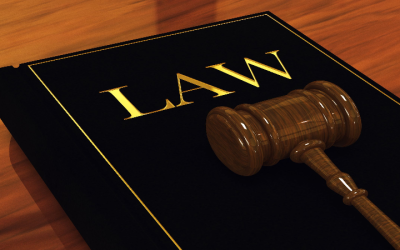Chapter 7 bankruptcy is typically considered a liquidation. When a debtor files for Chapter 7 bankruptcy, almost all of their assets are sold by creditors in exchange for the wiping out of all debts. This does not include assets that are subject to a lien, such as real property on which a mortgage has been taken out. It also does not cover property that is subject to statutory exemption in order to allow the debtor to be able to care for himself, although at a minimum standard of living. Property that is subject to this exemption includes a residence, clothing, a vehicle, and household items such as dishes and furniture. There are limits on the value of the exempt property and if the property exceeds the value, it will be sold off with some proceeds being allowed to replace it with lesser valued property.
Chapter 7 bankruptcy begins when the debtor files a petition in a local bankruptcy court. A Bankruptcy Attorney Bristol TN can help with this. The debtor must include detailed financial information including assets, income, expenses, contracts, leases, tax returns, and any other relevant information. If the debt is primarily consumer debt, additional requirements are imposed. These include participation in credit counseling, additional employer verification, and a history of student loan or tuition accounts. A Bankruptcy Attorney Bristol TN can help in meeting local requirements.
Filing fees imposed by the Clerk of Court add up to around three hundred dollars and cover the expenses of the court. The debtor can petition the court to be allowed to pay in installments, which consist of no more than four installments within 120 days. If the debtor’s income is less than 150% of the poverty level, the debtor can petition the court to completely waive the fees upon a showing that they are unable to pay even if allowed to pay in installments.
Once the filing is complete, most debt collection practices are required to stop. Creditors may not continue making phone calls or take other action such as initiating lawsuits. Instead, they will receive notice from the Clerk of Court as to how they may recover in the bankruptcy proceedings.






